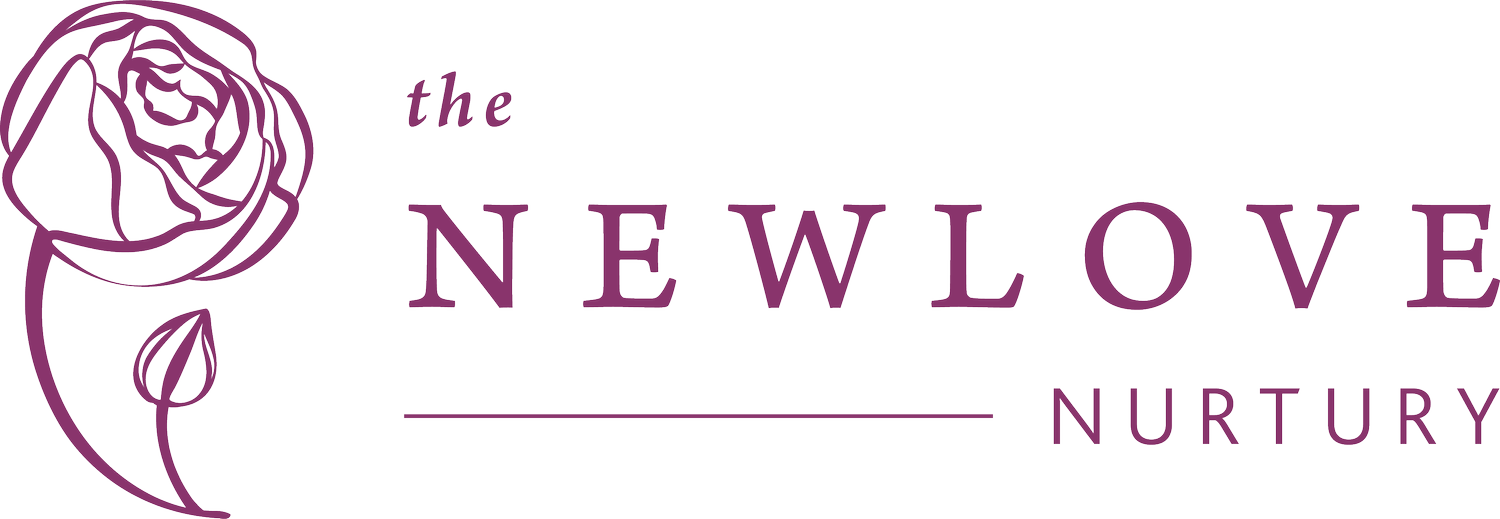Embracing the Fourth Trimester: Navigating the Hidden Realities of Early Motherhood
8/15/2024
At The Newlove Nurtury, we're not your average pediatric practice. Our appointments are never rushed, and we provide tailored care based on over 23 years of experience. Visit our website to learn more!
Image via Pexels
The transition into motherhood is a profound and life-altering experience. Amidst the moments of joy and bonding with your newborn, it is essential to recognize and address the often-overlooked challenges of the fourth trimester, the immediate postpartum period. In this guide, The Newlove Nurtury explores the practical aspects of this phase, offering invaluable insights into how to tackle the physical, emotional, and logistical hurdles that many new mothers face.
Caring for Your Perineal Area
New mothers often find it challenging to deal with discomfort in the perineal area following childbirth, as this sensitivity can last for weeks and affect daily activities. Prioritizing perineal care by using soothing pads and cold packs and wearing comfortable, breathable clothing can significantly ease the pain and aid in the healing process. It's important to remember that self-care during this phase is essential for a smoother recovery.
Balancing Work and Life as a New Mom
Balancing work commitments during the fourth trimester is a challenging task for many mothers, whether they are self-employed or have traditional jobs. Effective planning and communication are crucial in managing both professional and maternal responsibilities. Self-employed mothers can benefit from scheduling work around their baby's routine, while those in traditional employment should communicate their needs and explore available work adjustments or maternity leave options. Finding the right balance may involve trial and error, so patience is key.
Organizing Important Files and Documents
Amidst the chaos of early motherhood, maintaining well-organized medical files and documents is often overlooked but essential. Utilizing PDFs can be a game-changer for streamlined document management. Scan and digitize important documents, such as medical records and insurance information, to keep them accessible at all times. This simple step can save you time and stress when you need to retrieve crucial information during doctor visits or emergencies.
Dealing With Postpartum Bleeding
Postpartum bleeding, known as lochia, is a natural occurrence during the fourth trimester. Proper management and choosing suitable postpartum supplies, such as absorbent pads and comfortable underwear, are essential for staying dry and comfortable. My Expert Midwife notes that maintaining good hygiene to prevent infection is crucial, and if you have concerns about the bleeding, don't hesitate to consult your healthcare provider, as this phase is temporary, and proper care supports a smoother recovery.
Adjusting to Baby’s Feeding Schedules
The relentless cycle of sleep deprivation resulting from frequent feedings can be one of the most challenging aspects of the fourth trimester. To cope, ANBbaby suggests establishing a support network with your partner, family, or friends to take shifts for nighttime feedings, allowing you to get some much-needed rest. Additionally, create a comfortable and safe sleep environment for your baby to encourage longer stretches of sleep. Prioritizing your own rest is not selfish; it is necessary to ensure both you and your baby's well-being.
Ease Back Into Exercise
Once your doctor has cleared you for physical activity, it's important to ease back into exercise gently. A great way to start is by taking your baby for walks around the neighborhood. Walking not only helps you gradually regain your strength but also provides a soothing environment for your baby. To make these outings more enjoyable, use a walk score map to find the best local walking spots. These maps highlight pedestrian-friendly areas and scenic routes, ensuring a pleasant and safe experience for both you and your little one as you embark on your postpartum fitness journey together.
Hydrating to Keep Up With Breastfeeding Demands
Breastfeeding is a beautiful but demanding aspect of early motherhood. Frequent feeding sessions can leave you feeling physically and emotionally drained. Staying hydrated is crucial for maintaining your health while nourishing your baby. Keep a water bottle within arm's reach during breastfeeding sessions, and aim to drink at least eight glasses of water a day. Proper hydration not only supports your milk supply but also helps you feel more energized to meet the demands of motherhood.
Purchase Helpful Home Products
Purchasing home products to ease your life during the fourth trimester is a wise decision, as it can significantly enhance your comfort and efficiency. Items like nursing pillows, baby swings, and meal prep gadgets can make a big difference. To ensure you get good value for your money, take the time to read unbiased online reviews of any products you are considering. These reviews provide real user experiences and honest feedback, helping you make informed choices. By selecting the best-reviewed items, you can create a supportive environment for both you and your newborn, making this transition period smoother and more enjoyable.
Coping With Breastfeeding Challenges
Breastfeeding is a learning process for both mother and baby and often involves common challenges like latching difficulties, nipple pain, and engorgement. Seeking help from professionals like lactation consultants and postpartum doulas can significantly improve this phase. It's important not to hesitate to seek guidance and support when encountering breastfeeding obstacles, as with patience and perseverance, many of these challenges can be overcome, ultimately leading to a rewarding and nurturing breastfeeding experience for both mother and baby.
The fourth trimester represents a challenging yet transformative phase for new mothers. By acknowledging and addressing these challenges, including spending less time at work, you can embark on your motherhood journey with greater resilience and confidence, cherishing the precious moments of bonding with your baby. Remember that seeking support and guidance is not a sign of weakness but rather a testament to your commitment to your baby's well-being and your own.


